Interview with Stephen J. Terrell, PsyD, SEP
Today I have a very special interview to share with you, from a world-renowned trauma expert. And that person is the BRILLIANT Stephen J. Terrell, PsyD, SEP. Stephen is my mentor and teacher and is the co-creator of one of the most revolutionary trainings I have taken on trauma called Somatic Regulation and Resilience.
He’s also the co-author of “Nurturing Resilience” - a book that has forever changed my work and my own nervous system. His decades of experience shine through with compassion, skill, intelligence and embodiment beyond what I’ve experienced with so many other clinicians.
Out of the handful of extensive somatic trauma trainings I have taken in the past 15 years - all of the puzzle pieces clicked together as I started learning with Stephen - he makes sense of so many concepts and ways of “BE”-ing together that were left out of previous trainings. I am overjoyed to get to share this interview with you and also to have him as a guest teacher in Creating Safer Healthcare.
Stephen is a leading expert in the field of Developmental Trauma and Adoption and is recognized around the world for his work in Developmental Trauma and Healing. He understands developmental trauma from the inside out and the outside in.
Stephen is also one of the guest lecturers inside of Creating Safer Healthcare — Inside the course, Stephen helps to break down the science of trauma and its contributing factors, he helps us to understand how health and healthcare can support the healing of trauma, grounded in science and research.
Here’s a taste of our interview….
Question: What is your definition of Trauma informed care? How do you explain it to people?
Stephen: Trauma Informed Care is about understanding the impact of developmental trauma. Understanding that early/developmental trauma upsets the entire development of the person and limits the person's ability to use imagination and perception. Their lives become focused on survival where the need to learn and develop socially, emotionally, spiritually, and cognitively become overridden by the need to survive.
When we have early ruptures in our development, it can and will affect later development. It will seem that some parts of development went along perfectly and some parts seem to still struggle. Because we are focusing our work together on the nonverbal period of your life, often times there won't be stories that can be told out loud but we know that the body never forgets and holds all experiences in the smallest of cells and tissue. Our goal is to connect, through right brain to right brain connection to create enough safety in your nervous system and body to heal the missing pieces. We will work together like a jigsaw puzzle, finding and replacing and repairing as we work together to create healing in your life.
Question: What do you see as the biggest benefit in your own practice and life to practicing trauma informed care ?
Stephen: It brings clarity and understanding to an often times confusing life. Why am I different or why can't I seem to have what others have? It brings understanding that the earliest of relationships were not enough to protect us and nurture us as we needed, and now we are searching in others the missing pieces and they may not be able to repair those pieces. The more we know and the more we titrate into our systems, the less we need from others.
Question: What do you see as the biggest impediments to trauma informed care in healthcare and medical fields?
Stephen: A total and complete lack of understanding around the effects of the Adverse Childhood Experience study.
Question: In your daily interactions with colleagues - Where do you most see a need for trauma informed understanding in healthcare ? How do you see that need manifesting for helping professionals who might not be familiar with or use the words “trauma informed?"
Stephen: I see the need for trauma informed healthcare everywhere I look on a daily basis. I hear therapists pathologizing clients and others because they don't have a clear understanding of how and why early traumas affect the development of the person. Everyone in health care would benefit from the understanding of "trauma informed care".
Question: What would you say would make a healthcare professional or team feel hesitant about embarking on a trauma informed care education journey?
Stephen: Time and Time. It seems everyone is too busy to add on something new to their knowledge base. Most of the programs of learning are similar to completing another degree. I find that when trauma informed care is broken down and shared in understandable terms, professionals are much more likely to take the time to listen and to learn.
Question: How might you personally reason with someone who has objections or apathy toward this kind of training?
Stephen: I understand. It is a lot to take in. How can help you in making an informed decision about whether or not you and your patients/clients would benefit from your greater understanding of trauma informed care?
Question: What makes you most hopeful about trauma-informed care?
Stephen: I am most hopeful about trauma-informed care because of programs like this that don't bog you down but open your access to quality information for you and your patients/clients.
Stephen shares invaluable teachings deepening this trauma informed awareness in our latest online course for medical professionals Creating Safer Healthcare. Click the link to check it out if you’re a doctor, nurse, naturopath, acupuncturist, osteopath, etc! And please feel free to share with any medical providers you know that might be inspired to take this life changing course.
